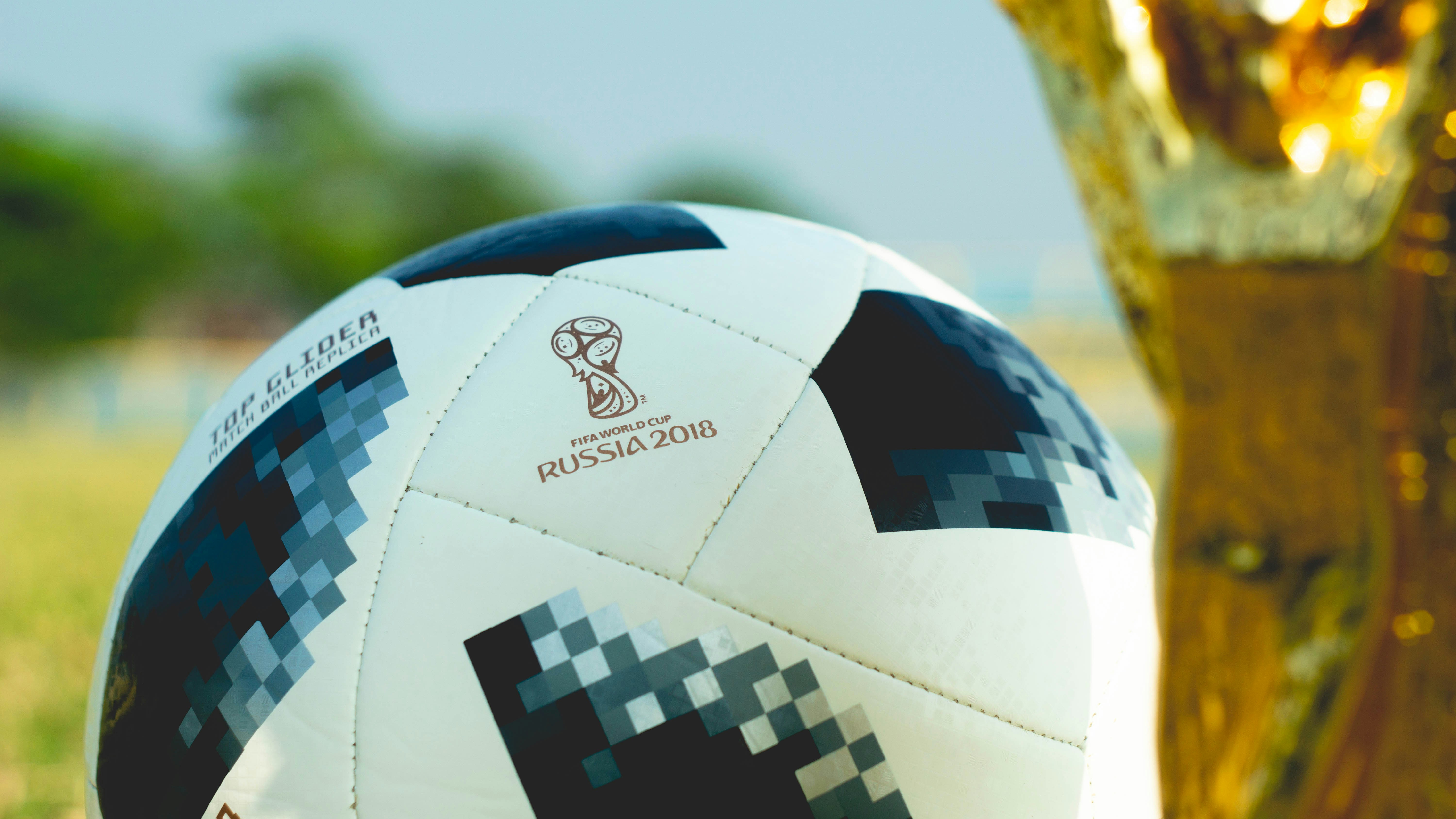How VAR Will Influence Key Matches in World Cup 2026
In the heart-pounding realm of World Cup football, every goal, every tackle, and indeed every decision counts. Enter the Video Assistant Referee (VAR), a technology now as familiar on the pitch as the whistle itself. As fans eagerly gear up for the World Cup 2026, hosted across the bustling stadiums of the United States, Mexico, and Canada, the looming presence of VAR promises to add another layer of drama to the beautiful game. But how exactly will VAR shape the narrative of key matches in this upcoming tournament?
A Game Changer: The Role of VAR
Introduced at the 2018 World Cup in Russia, VAR has rapidly evolved from a fledgling concept into a cornerstone of modern football. The system’s primary purpose is to assist referees in critical areas: goals, penalty decisions, direct red card incidents, and cases of mistaken identity. Its influence was felt strongly in the 2018 and 2022 tournaments. With the technology now refined, the 2026 edition is expected to see its most polished use yet.
Clear Impact on Game Outcomes
One does not need to look far into the past to see the decisive influence of VAR on match outcomes. Take, for instance, the 2018 group stage clash between Portugal and Iran, where VAR awarded a late penalty that dramatically altered the group standings. Or the 2022 quarter-final between Argentina and the Netherlands, where a controversial penalty call helped turn the tide in Argentina’s favor.
Football fans can expect such crucial interventions to occur in 2026 as well. Imagine a tense knockout stage where a marginal offside call is reviewed on the big screen, leading to a disallowed goal or a last-minute red card defining the journey of a top team.
Impact on the Players and Coaches
Coaches and players are acutely aware of VAR’s potential impact. A player’s celebration could be abruptly cut short by a review, or a strategic foul could be reevaluated, leading to game-changing repercussions. The mental resilience of players and the tactical flexibility of coaches will be tested like never before.
– Mental Focus: Players will need to maintain focus even when decisions are uncertain or reviews extend the game length.
– Tactical Adjustments: Coaches might be more conservative with challenges or adjust strategies knowing that VAR could change the dynamics swiftly.
This heightened scrutiny could particularly affect younger teams or squads less experienced on the global stage, potentially providing an edge to seasoned teams like Brazil, Germany, or France who can leverage their depth and composure.
Enhancing Fair Play and Justice
In its essence, VAR strives to uphold the principles of fair play, ensuring that referees have all the necessary information to make the accurate decisions that the World Cup demands. While the system isn’t foolproof, its ability to correct clear and obvious errors is undoubtedly a boon for officiating accuracy.
– Reduced Controversy: Ideally, fewer disputed decisions mean matches focus more on the players’ skills rather than officiating errors.
– Improved Transparency: Fans can observe the decision-making process, fostering a sense of fairness and understanding.
For example, a debatable offside or dubious penalty that once might have sparked lengthy debates in pubs and forums worldwide, might now see a quick and clear resolution.
Challenges and Limitations
However, VAR isn’t without its critics and challenges. While it aims to reduce the human error factor, the technology is still operated by humans, meaning subjective decisions can still breed controversy. The delay caused by VAR reviews can also affect the flow of the game, sometimes leaving players and fans feeling frustrated by the interruption.
– Subjectivity Remains: Decisions may still be open to interpretation even with video evidence.
– Game Flow Disruptions: Reviews can take several minutes, potentially disrupting the momentum for teams.
Balancing technology with the traditional flow of the game will be crucial for officials in 2026 to ensure that VAR enhances rather than detracts from the World Cup spectacle.
Conclusion: Embrace the Excitement
The World Cup 2026 promises to be an exhilarating tournament, with VAR at the center of many heart-stopping moments. As technology continues to weave itself into the fabric of football, fans can look forward to a tournament where justice prevails more often, enhancing the global appreciation for the sport’s integrity.
Football enthusiasts should stay tuned to CupVibes.com for ongoing updates, insightful analysis, and a vibrant community of fellow fans ready to debate every thrilling moment. Follow along as we witness the evolution of the game and discover just how impactful VAR will be when the world unites once more for the ultimate celebration of football.



